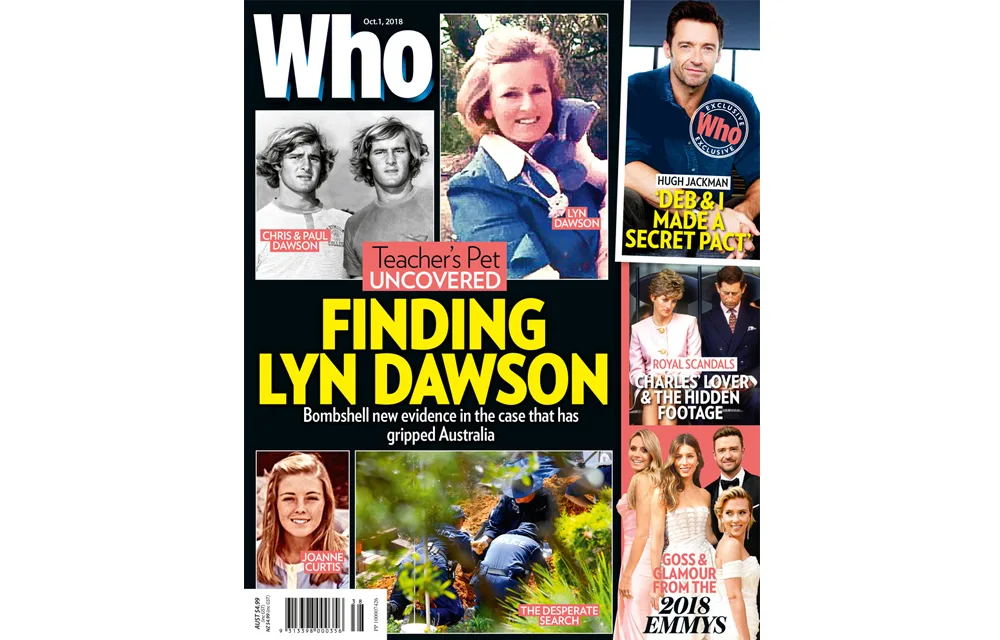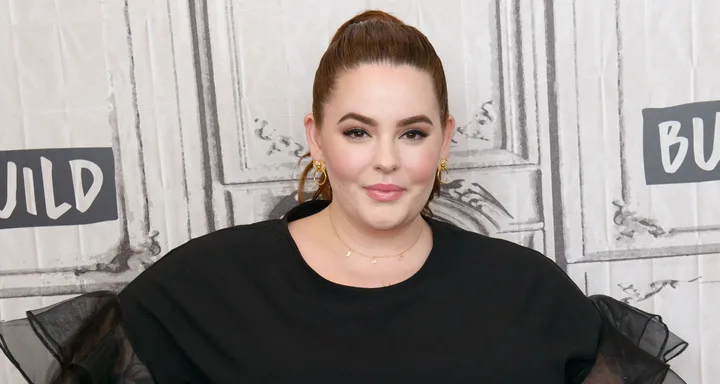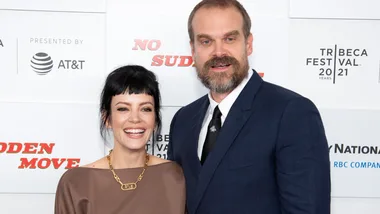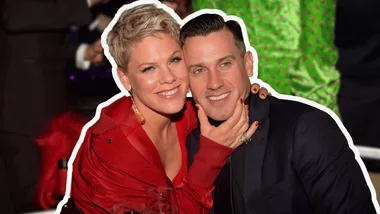After the media storm from plus-size model Tess Holliday’s Cosmopolitan UK cover story erupted, the model hit back by posting a video, wearing leggings and a bra, laughing as she dug into a cake toped with the already iconic cover image of her tattoo-adorned Australia-size-24 body.
Holliday captioned the Sept. 4 Instagram post, “People who think I’m glorifying obesity are glorifying stupidity. I am pretty glorious though,” and signed off with the famous hashtag #effyourbeautystandards. A week before on Aug. 30, the 33-year-old had posted on Facebook about how the cover shoot marked an “incredible opportunity” for her. “If I saw a body like mine when I was a young girl, it would have changed my life & hope this does that for some of y’all,” she wrote.
One of the people Holliday was responding to was Good Morning Britain‘s Piers Morgan, who accused the magazine of “celebrating morbid obesity,” while Holliday’s social-media channels were flooded with comments defending and criticising the model.
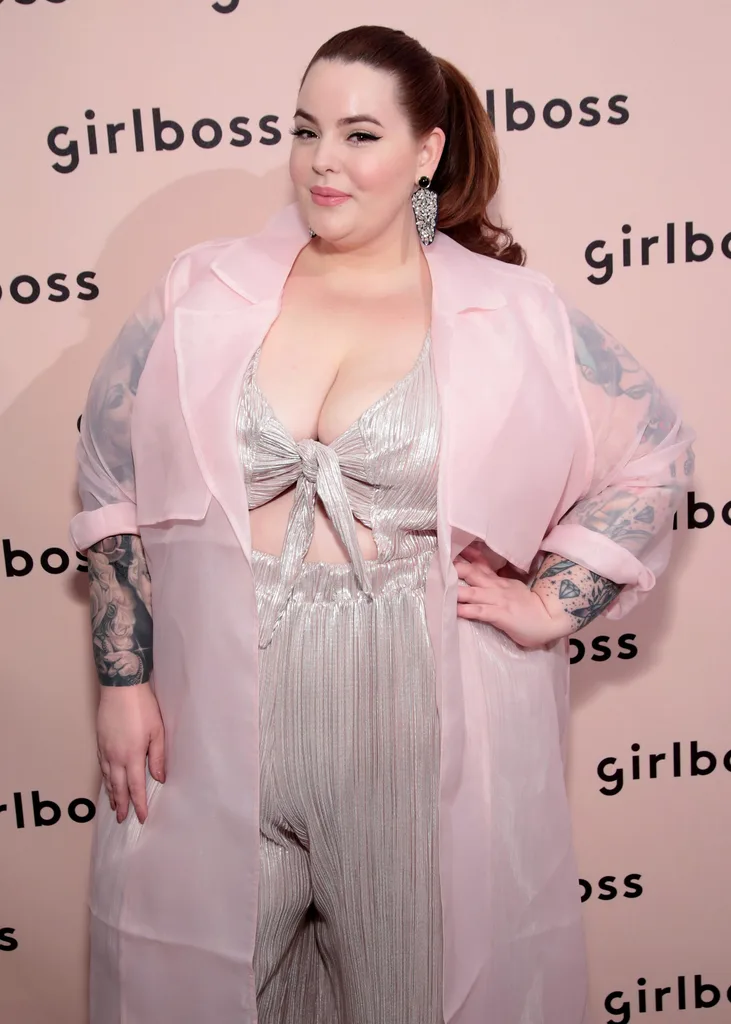
This isn’t the first time Holliday has been subject to public backlash. In February, she told WHO she has a method for dealing with trolls and critics. “I ignore it. What they have to say about me has no bearing on my life or who I am as a person,” she said. “At the end of the day, I’m getting paid to live my dream.”
Since signing with Milk Model Management in January 2015, Holliday has proved herself an exception to the fashion industry standard of using extremely thin models. Her mainstream breakthrough came in 2014, with her performance in a video titled #everyBODYisflawless in which she lip-synced and danced to Beyoncé’s “Flawless” alongside other plus-sized women.
The upload went viral and positioned Holliday as a poster girl for body love. In the following year she was featured in an H&M campaign, made the cover of WHO‘s US sister magazine People, and now has 1.7 million Instagram followers.
From the start, Holliday – who works out with a personal trainer four times a week – was open about her size, struggles with body image and insistence on de-stigmatising the word “fat”. “It’s how I describe myself. It’s a descriptor; it’s an adjective,” she told WHO in September 2017. “It’s how I choose to describe my body.”
The 2013 launch of her #effyourbeautystandards campaign – which has clocked up 3.2 million mentions on Instagram since then – was prompted by people commenting on her pictures and telling her she was too fat for the clothes she wears.
“I realised I wasn’t the only person that had issues with my body and issues with the way society tries to place us in a box but really when I created the movement, it unified everything and made me feel like I wasn’t so alone,” Holliday said.
Currently weighing 130kg – the heaviest she’s been – the 160cm mum of two admits she’s only recently accepted her body after being bullied as a teenager, and she’s recently overcome a “severe” experience of post-partum depression, thanks to medication, friends and family support.
Read more in this weeks issue of WHO
